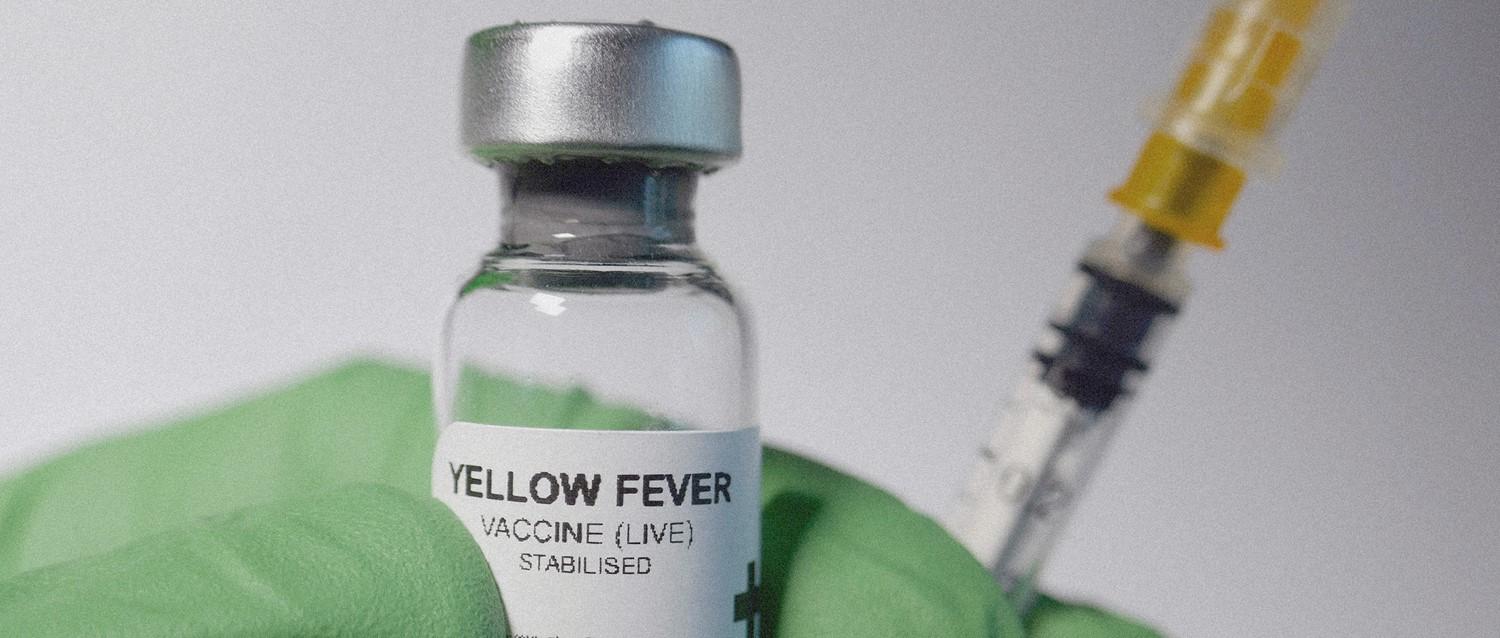
Comment rester en bonne santé pendant les vacances
Révisé par le Dr Krishna Vakharia, MRCGPDernière mise à jour par Amberley DavisDernière mise à jour 19 mai 2024
Répond aux besoins du patient lignes directrices éditoriales
- TéléchargerTélécharger
- Partager
- Langue
- Discussion
Nobody expects to get ill on holiday, but it does happen. Dr Sarah Jarvis has lost count of the medical miseries she's heard from patients that could have been avoided. Here she shares her top tips for healthy holidays - so that the only mementos you bring back from vacation are happy ones.
Dans cet article :
Poursuivre la lecture ci-dessous
Jet lag, circulation, and flight anxiety
Si vous passez vos vacances en Europe, tout ira bien, mais si vous partez à l'étranger, vous risquez de souffrir du décalage horaire.
Your body clock finds it harder to adjust to shorter days than long ones, so you'll feel it more when you travel from West to East - when the clocks go forward.
My top tips to reduce jet lag include:
Getting plenty of sleep before you go.
Going to bed earlier on the nights before you travel East - and having a stopover en-route if possible.
Avoiding alcohol and caffeine.
Drinking plenty of other fluids on the journey.
Staying outside in daylight as much as possible when you arrive.
If you're staying for more than a few days, try to move your schedule on to the new time zone as soon as possible. But if you're only there for a couple of days, you may find it less disruptive to stay on home time if it's possible.
Circulation in your legs
Bien que peu fréquents, les caillots au niveau de la jambe - thrombose veineuse profonde ou TVP - sont un risque si vous prenez l'avion pendant plus de quatre heures. Pour réduire ce risque, buvez beaucoup de liquides non alcoolisés, évitez l'alcool - qui peut vous déshydrater - et levez-vous régulièrement pour marcher de long en large dans la cabine. Toutes les demi-heures, faites dix cercles avec chaque cheville pour maintenir la circulation dans les mollets.
Flight anxiety
Having a fear of flying, called aerophobia, is common - affecting at least 1 in 10 people. Read our tips for coping with flight anxiety here.
Sécurité solaire
Le soleil est le plus chaud entre 11 heures et 15 heures - et n'oubliez pas que le soleil réfléchi peut vous brûler même à l'ombre.
Avoid the sun when it's strong, cover up as much of the body as possible and make sure you apply plenty of high-factor sun cream. Don't be tempted to save money by using last year's sunscreen - the ingredients go off over time, especially once the bottle is open, so may not be as effective.
Poursuivre la lecture ci-dessous
Hangover free holidays
You're in the holiday mood and of course, you want to let your hair down a bit. But don't forget that a hangover can ruin your fun as much as any tummy bug.
Be careful with spirits as it's easy to underestimate your intake, alternating alcoholic drinks with soft ones, and saving the drink until the evening are good ways to control how much you drink. You could even find out if your hotel serves non-alcoholic cocktails - completely free from the hangover side effects.
Les maux de ventre
Tummy bugs are even more common if you're outside Western Europe, the USA or Australasia. These tips could help you avoid illness from food:
Avoid buffet food where possible in hot countries - germs multiply quickly in warm temperatures.
Don't have ice - you may be avoiding drinking the local water, but the local water is exactly what you'll be having if you put ice in your drink.
Si vous n'êtes pas absolument sûr de l'aliment, faites-le bouillir, épluchez-le, faites-le cuire ou oubliez-le.
Ne baissez pas la garde en ce qui concerne les précautions alimentaires parce que vous êtes dans un hôtel chic. La cuisine peut être propre et hygiénique, mais les mouches qui se posent sur les aliments ne se soucient pas de l'endroit où elles se trouvent.
Poursuivre la lecture ci-dessous
Mosquitoes and diseases
If you're going anywhere outside of Western Europe, Australia or the USA, make an appointment with your practice nurse or a travel clinic at least eight weeks before you travel. They can advise you on any travel immunisations you need.
You may also need anti-malarial tablets which you start taking before you leave and continue for 1 to 4 weeks after you return - your nurse can advise on the best type and length of course.
Insect bites and stings are always miserable but if you're in an area affected by malaria, avoiding them is even more important - even if you're taking tablets. Wear long-sleeved shirts and long trousers in the evenings when mosquitoes are most active, use insect repellent even in areas covered by thin clothing, and spray insect repellents around your bedroom - ask your pharmacist about the best ones to use.
You can find out if travel vaccines are recommended for any countries you are planning to visit from the Travel advice by country page.
Vérifiez votre ordonnance
En ce qui concerne les médicaments, il est utile de vérifier bien à l'avance si vous avez suffisamment de médicaments pour toute la durée de vos vacances et pour une semaine ou deux après votre retour. Si ce n'est pas le cas, contactez votre pharmacien ou votre cabinet médical pour obtenir une nouvelle ordonnance.
Take all your tablets with you in your hand luggage in case your bags get lost by the airline - you can buy new clothes while you're away, but getting a supply of medicine in a foreign country can be a challenge.
Some medicines, like insulin, must be kept in hand luggage as the low temperatures in the hold can damage them. You'll need a letter from your doctor to say you can take insulin and your syringes on to the plane - you should show this at security.
It's always worth checking on the website of the embassy of the country you're going to for details of any medication restrictions they have. Some are surprising - even certain nasal sprays can be banned in some countries.
This is particularly important if you're travelling with controlled drugs, where you'll need a specific letter from your prescriber or, in some cases, a licence. Some of these are legal drugs in the UK, such as codeine, but illegal in some countries.
De même, vous aurez peut-être besoin d'une lettre attestant que vous êtes apte à prendre l'avion si vous êtes enceinte - les compagnies aériennes diffèrent, mais la plupart ne vous laisseront pas prendre l'avion si vous êtes enceinte de plus de 36 semaines, ou de plus de 32 semaines pour les vols long-courriers. Renseignez-vous auprès de votre compagnie aérienne et préparez-vous à payer les lettres des médecins.
Votre trousse de secours de voyage
First aid kits are key to healthy holidays. Most countries will have pharmacies where you can buy remedies for travel illnesses, but explaining your symptoms in a foreign language can lead to embarrassing misunderstandings. So if you can, take your own holiday first aid kit.
Along with simple plasters, including blister plasters, consider these options, all available from your pharmacist without prescription:
Comprimés d'hyoscine pour le mal des transports.
Comprimés antihistaminiques pour les piqûres et morsures d'insectes.
Diarrhoea tablets containing loperamide - two capsules straightaway, then one every time you have an episode, up to six capsules a day.
Tablets for nausea and vomiting caused by tummy bugs - I recommend one called Buccastem, which you dissolve by putting it high up in your gums so you don't have to swallow it.
Comprimés contre l'indigestion.
Les analgésiques.
Un spray insectifuge, surtout si vous vous rendez dans une région touchée par le paludisme.
N'oubliez pas l'assurance
If the worst does happen, it's crucial to have travel insurance to cover the cost of treatment abroad. A UK-issued Global or European Health Insurance Card (GHIC, EHIC) entitles you to the same treatment as a native in any country within the European Economic Area, but that doesn't mean it will be free. It also doesn't cover everything, so take out travel insurance as well.
If you do get ill abroad, your holiday company or hotel should be able to direct you to emergency care. Make sure you have your GHIC or EHIC and insurance details with you.
Nous remercions le magazine "My Weekly", qui a publié cet article à l'origine.
Patient picks

Voyages et vaccinations
Quels sont les effets secondaires associés au vaccin contre la fièvre jaune ?
La fièvre jaune est endémique dans de nombreux pays d'Amérique latine et d'Afrique et peut souvent être mortelle. La vaccination est actuellement la meilleure protection contre cette maladie mortelle, mais quels sont les risques ?
par Léa Surugue

Voyages et vaccinations
Comment gérer le mal des transports
Vous est-il déjà arrivé de vous sentir mal ou d'avoir des vertiges dans un véhicule en mouvement ? Peut-être vous est-il arrivé d'avoir des sueurs froides, de vous sentir faible ou d'avoir mal à la tête en même temps ? Le mal des transports est courant, mais cela ne signifie pas que vous ne pouvez pas le prévenir ou le traiter.
par Amberley Davis
Poursuivre la lecture ci-dessous
Historique de l'article
Les informations contenues dans cette page ont été évaluées par des cliniciens qualifiés.
Prochaine révision prévue : 19 mai 2027
19 mai 2024 | Dernière version
8 août 2018 | Publié à l'origine
Auteur: :
Dr Sarah Jarvis MBE, FRCGP

Demandez, partagez, connectez-vous.
Parcourez les discussions, posez des questions et partagez vos expériences sur des centaines de sujets liés à la santé.

Vous ne vous sentez pas bien ?
Évaluez gratuitement vos symptômes en ligne
Inscrivez-vous à la newsletter destinée aux patients
Votre dose hebdomadaire de conseils santé clairs et fiables, rédigés pour vous aider à vous sentir informé, confiant et maître de la situation.
En vous abonnant, vous acceptez notre politique de confidentialité. Vous pouvez vous désabonner à tout moment. Nous ne vendons jamais vos données.